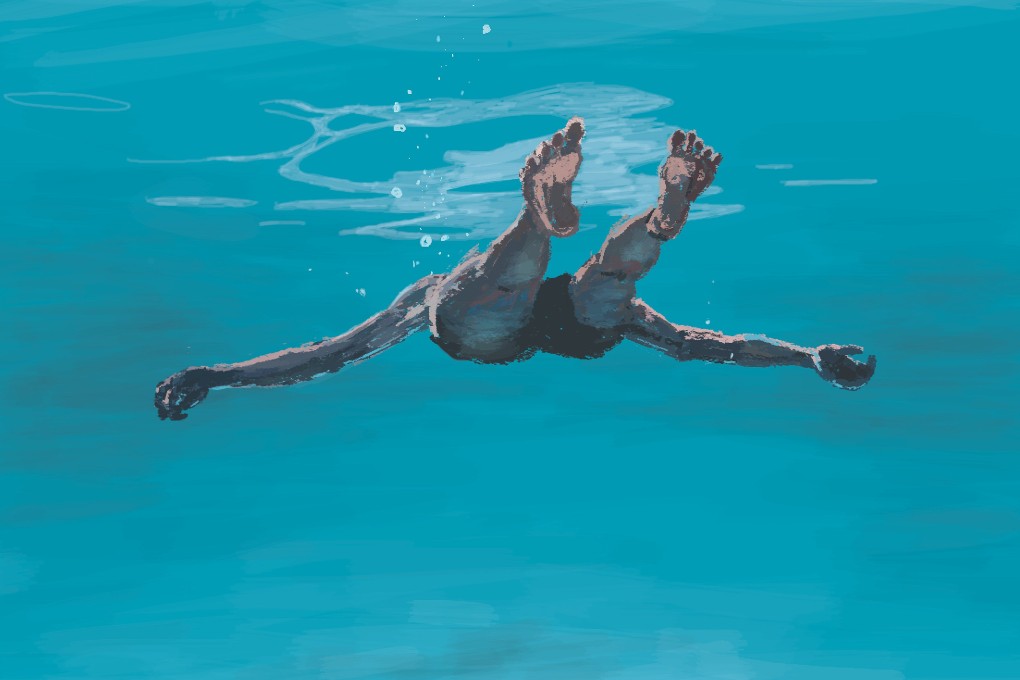Immigrants' struggles rendered beautifully in a spare style by Akhil Sharma
Akhil Sharma's tale is a pared-down, no-frills account of immigrants' struggles and personal tragedy, inspired by his own story, writes Ajay Singh

On his first day after emigrating from India to America in the 1970s, the narrator of Akhil Sharma's novel Family Life watches in amazement as his father turns on the hot water tap in their one-bedroom apartment in New York City.
"I had the sense of being in a fairy tale, one of those stories with a jug that is always full of milk or a bag that never empties of food," writes the novel's protagonist, Ajay Mishra. "During the coming days, the wealth of America kept astonishing me."
Family Life is an immigrant novel, but it's also a coming-of-age story about a young man torn between caring for his family and focusing on his own life
Family Life is a thinly veiled autobiography based on a tragedy that struck Sharma's own family when he was 10 years old. Not long after he arrived in the US, Sharma's 14-year-old brother, Anup - named Birju in the novel - dived into a swimming pool in an apartment building and hit his head on the bottom. For three minutes, he remained unconscious at the bottom of the pool. By the time he was rescued, he could neither walk nor talk.
For the next 28 years, until he died shortly before the publication of Family Life, Sharma's brother remained uncommunicative.
To cope with the calamity, Sharma's family turned to faith healing. In a recent article in The New York Times, Sharma describes how: "Strange men - not priests or gurus, but engineers, accountants, candy shop owners - would come to the house and perform bizarre rituals, claiming that God had visited them in a dream and told them of a magical cure to fix Anup."
Although Mishra dislikes these "miracle workers", he finds comfort in their presence. "I dreaded the moment of their departure, when my parents and I would be alone with Birju," Sharma writes in Family Life. "When people left, the loneliness came so quickly that it was as if a window had been opened and cold air had rushed in."